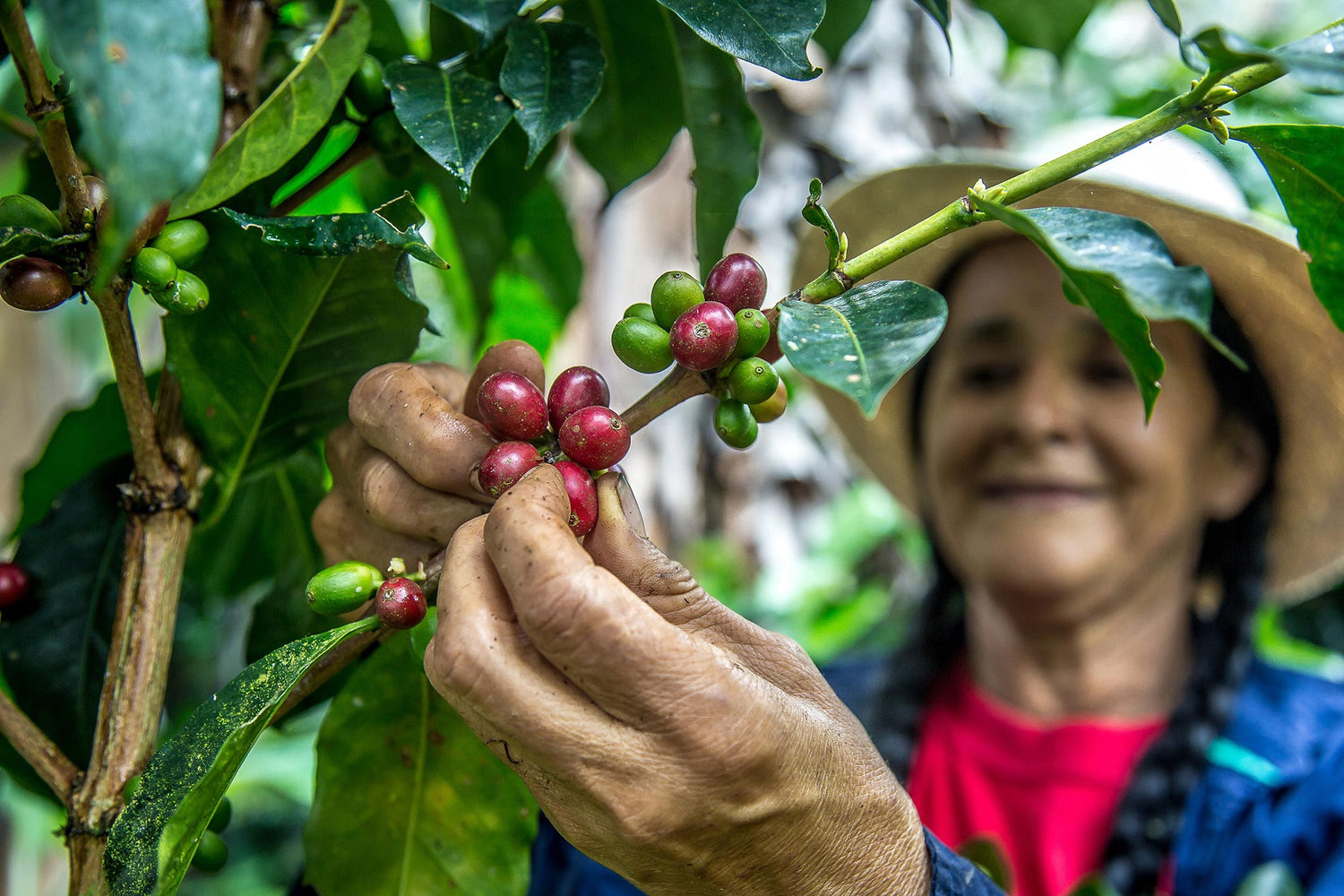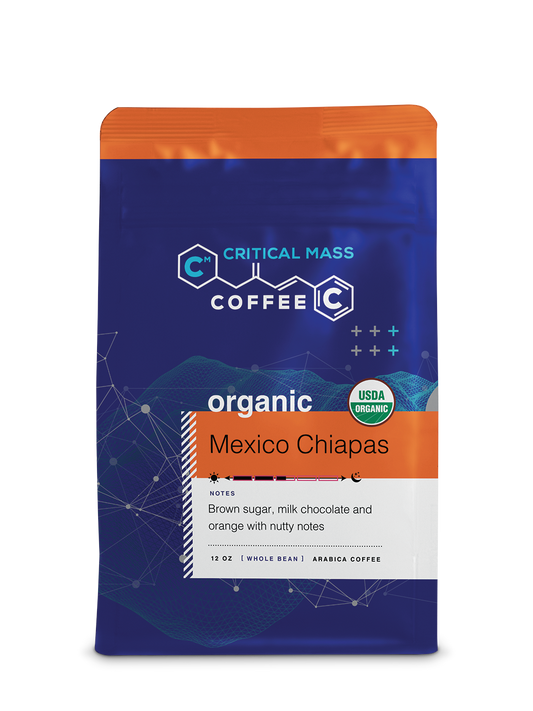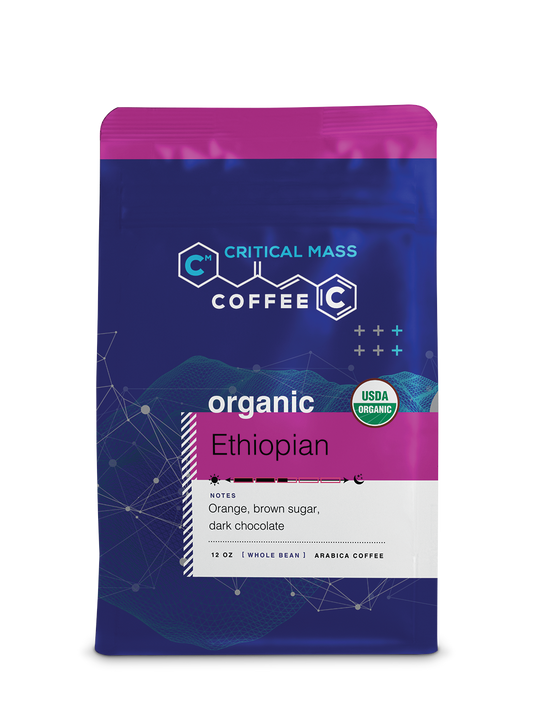Organizations we support
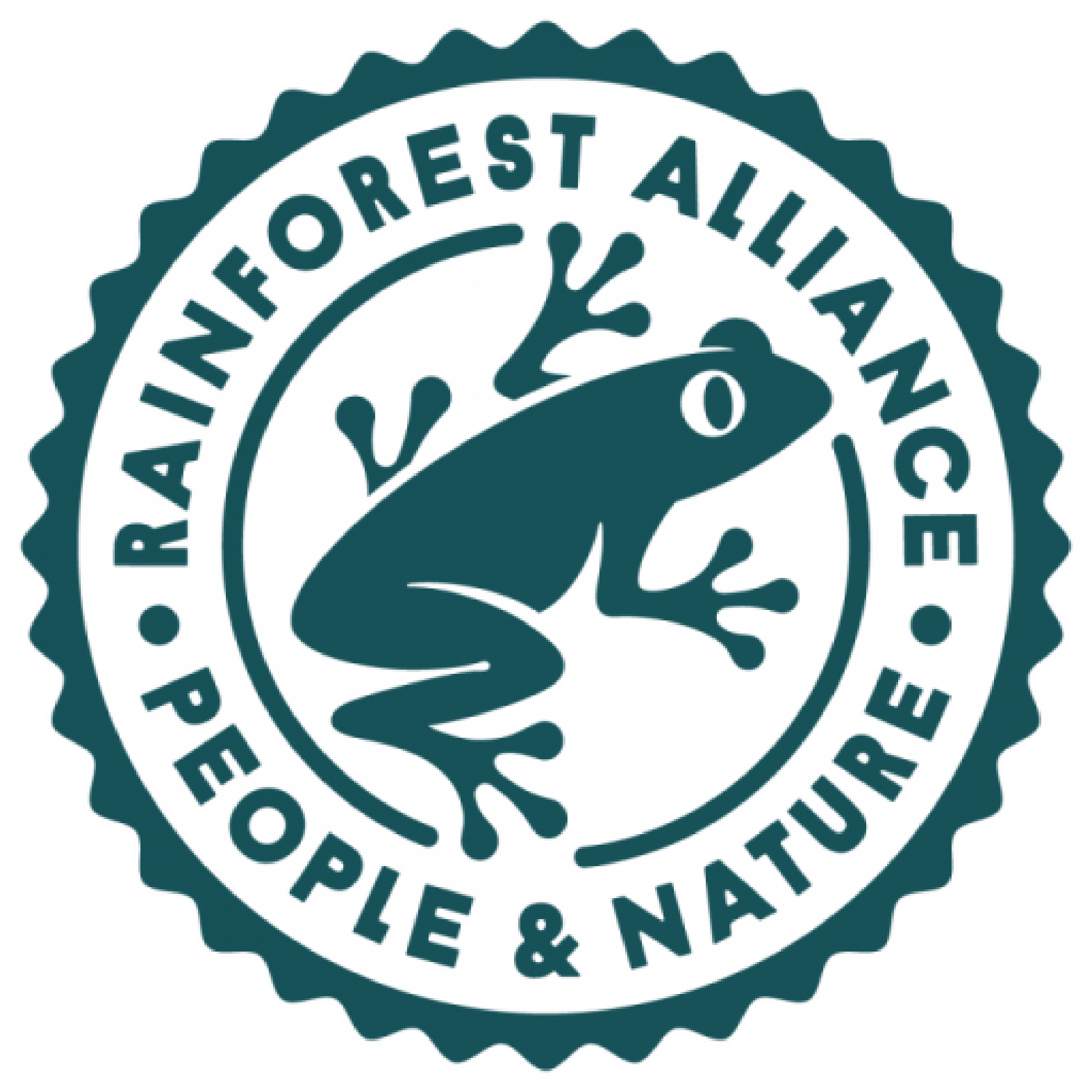
Rainforest Alliance
In order to become certified, farms must meet criteria of the Rainforest Alliance Sustainable Agriculture Standard. The Standard encompasses all three pillars of sustainability—social, economic, and environmental. Rainforest Alliance Certified™ farms are audited regularly to verify that farmers are complying with the Standard’s comprehensive requirements, which require continual improvement on the journey to sustainable agriculture.

Smithsonian Bird Friendly Program
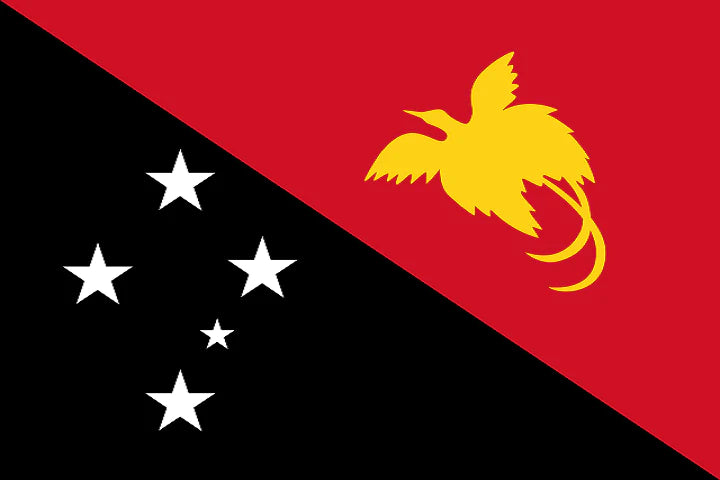
The Timuza Coffee Cooperative
This cooperative represents about 260 smallholder farmers of the Kamano tribal group, located southwest of Kainantu in the hamlets surrounding Namura town in Papua New Guinea. Average farm size is 1.4 hectares per family, with adjacent gardens for cultivation of food crops such as sweet potato, taro, and cassava. Farmers have received training and assistance in financial management, gender equality, coffee husbandry and standards for processing through local partners. The harvest takes place from April through September, with selective harvest of ripe cherry, manually pulping, fermentation in traditional bilum bags, washing, and full sun-drying. In 2016, Timuza placed 1st in the National Cupping Competition.
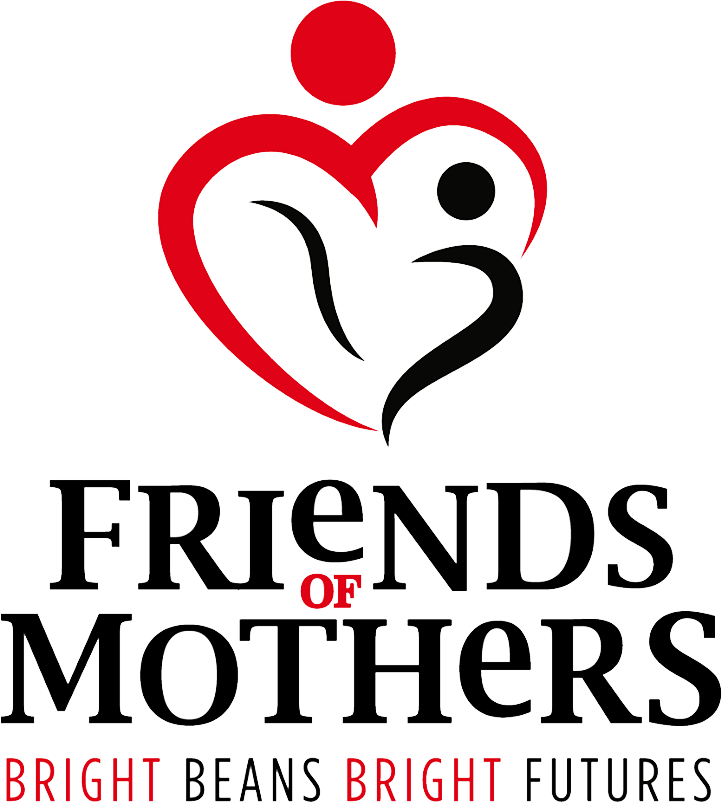
Uganda Friends of Mothers Initiative
Friends of Mothers Initiative Ltd is a fair-trade certified and organic coffee producer and exporting organization which is empowering women in coffee. There are about 50 women coffee producers in this organization which focused on coffee production, as well as producing honey. The honey project is part of their social and biodiversity impact plan, with pairs with their clean energy project. They are located on the slopes of Mt. Elgon in eastern Uganda and the organization was founded in 2015. The volcanic soils on Mt. Elgon give the coffee a unique taste and richness in the body. Women make a huge contribution in the production of coffee. Empowering female coffee growers is so important because these inspirational women are helping to pave the way for a brighter future. These women are extremely selective during the harvest, only picking ripe cherries that are pulped within 12hrs to ensure high cup score, thereafter fermented for 24hours, washed and then dried. “We control the quality at the farm, during harvesting and post-harvest handling to ensure that the coffee produced is specialty coffee” said a model farmer in Burukuru, which is located on the slopes of Mt. Elgon.
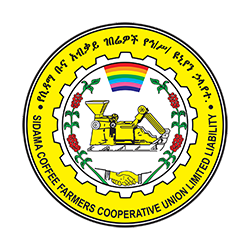
The Sidama Coffee Farmers’ Cooperative Union (SCFCU)
was founded in 2001 to represent coffee producing cooperatives located throughout the Sidama Zone of Southern Ethiopia. Currently, the SCFCU has grown to represent 47 cooperatives and about 80,000 farmers making the SCFCU the second largest coffee producing cooperative union in Ethiopia. The Nura Korate Cooperative is located in the Dara district of the Sidama zone, at an altitude of 1,700 meters above sea level. .
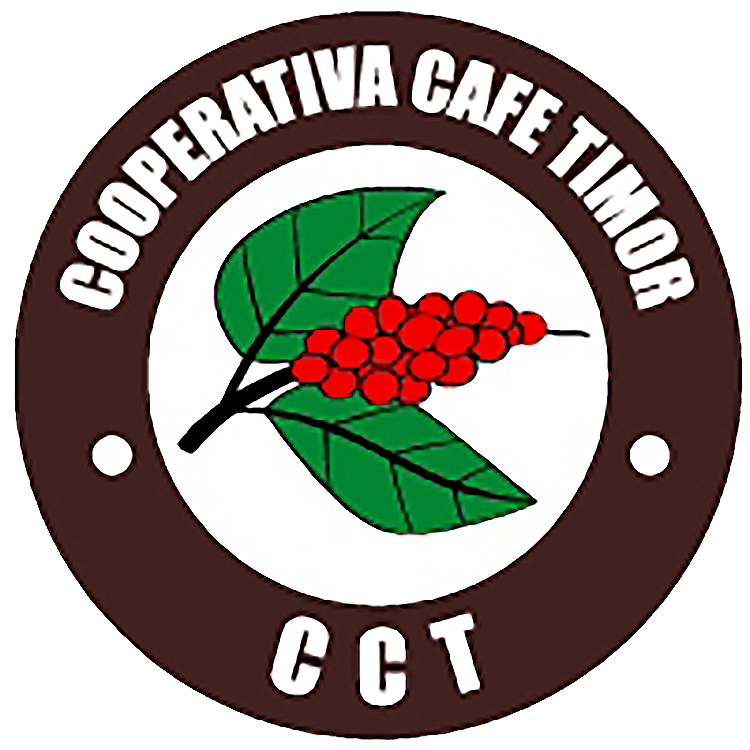
The Cooperativa Cafe Timor (CCT)
The Cooperativa Cafe Timor (CCT) works with very small farms in East Timor; most land owners own less than a hectare of land. The CCT was established in 1994 with the help of the USDA and NCBA. and in 2001, the cooperative obtained Fair Trade certification. The farms are located in Maubesse, an area of high altitude and a sub-district in the Ainaro district; Atsabe, in the Ermera district; the Lequisa district; and the Aifu region. The coffee from East Timor was originally planted over 400 years ago by Portuguese colonists. However, after an epidemic of coffee leaf rust, the replanting of plants occurred and led to the creation of a new coffee varietal of Hibrido de Timor.
